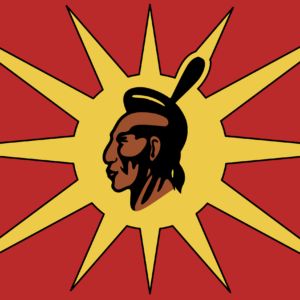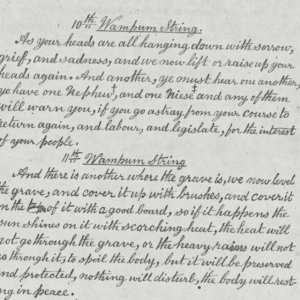This week’s launch of the organization Canadians For a New Partnership (CFNP) – a high profile group bringing together Canadian politicians, business people, and Indigenous leaders just made history.
It did so by becoming the most powerful organization that unites members of the Canadian elite with the indigenous representatives of Aboriginal Canada.
Have a look at the board of directors – it’s an all star cast.
On the Canadian side you’ve got two former Prime Ministers of Canada – one of whom is a billionaire and best buddies with those who own the economy; a former Premier and opposition leader who is now a top player in the Ring of Fire negotiations; the highly trusted former auditor general of the corporation of Canada, top academics, scholars and jurists; one of Canada’s most beloved CBC radio hosts; and of course a healthy dose of individuals whose main claim to fame is their involvement with extractive industries interested in operating on indigenous territories.
On the Aboriginal side of the organization, was a similarly star studded listing of personalities. Former AFN chiefs, organizational and territorial leaders, lead negotiators in major land claims and modern treaties – in short the most experienced people inhabiting the Aboriginal institutions of the Canadian state.
So let us take a moment to let this all soak in.
A significant section of the Canadian elite just created a joint organization with Indigenous peoples for the purposes of building a “positive, healthy, productive and meaningful future for the generations yet to come.” This organization is now a significant player on the national scene of indigenous politics within Canada.
And to what do we owe the creation of this unprecedented new organization to?
Quite simply to the actions of Mr. Stephen Harper.
It would appear that there’s a growing consensus within the Canadian elite that the way in which Stephen Harper is managing Canada’s relationship to indigenous people is deeply counter productive to their interests.
Harper’s actions are starting to create a real problem. Harper’s disrespect of the Idle No More movement, his stonewalling on the call for a MMIW inquiry, his pushing forward of legislation like C-10 and omnibus bills seeking to terminate Indigenous rights has united Indigenous peoples across Turtle Island like never before.
Harper has been sending Indigenous peoples a loud and clear message: Canada is not their partner, not their friend or ally, and it doesn’t give a damn about what the treaties say.
Consequently, Onkwehon:we people are trying out new approaches. The vast but diffuse Idle No More movement has seeded the ground for many new kinds of resistance, and many old forms of resistance remain. Some like the Unist’ot’en have built communities directly in the way of approaching pipeline routes that they swear they will never allow to come through. Some like the Tsilhqot’in have pursued Supreme Court decisions that validate Aboriginal title to their own lands. And particularly threatening for the non-native members of the CFNP, are actions such as those being taken by the Atikamekw First Nation.
This nation recently announced its sovereignty over 80,000 square km of territory (about an hour north of Montreal) and says any development in that area must get its approval to go ahead. The Canadian Press reports on the matter succinctly:
“Armed with a Supreme Court of Canada judgment recognizing ancestral rights for First Nations in British Columbia, the Atikamekw want to have their say on projects located in the Nitaskinan region. Constant Awashish, grand chief of the Atikamekw First Nation, says 35 years of territorial negotiations with governments have provided nothing.
Awashish said Monday that elected members of the aboriginal First Nation adopted the unilateral declaration of sovereignty to assert their right to self-government on the Nitaskinan region.”
Those leading the attempt of the CFNP to create “new partnership” between the Aboriginal and non-Aboriginal peoples of this country want to do it now. They want to get the ball rolling before very many other Onkwehon:we communities take the same path as the Atikamekw.






